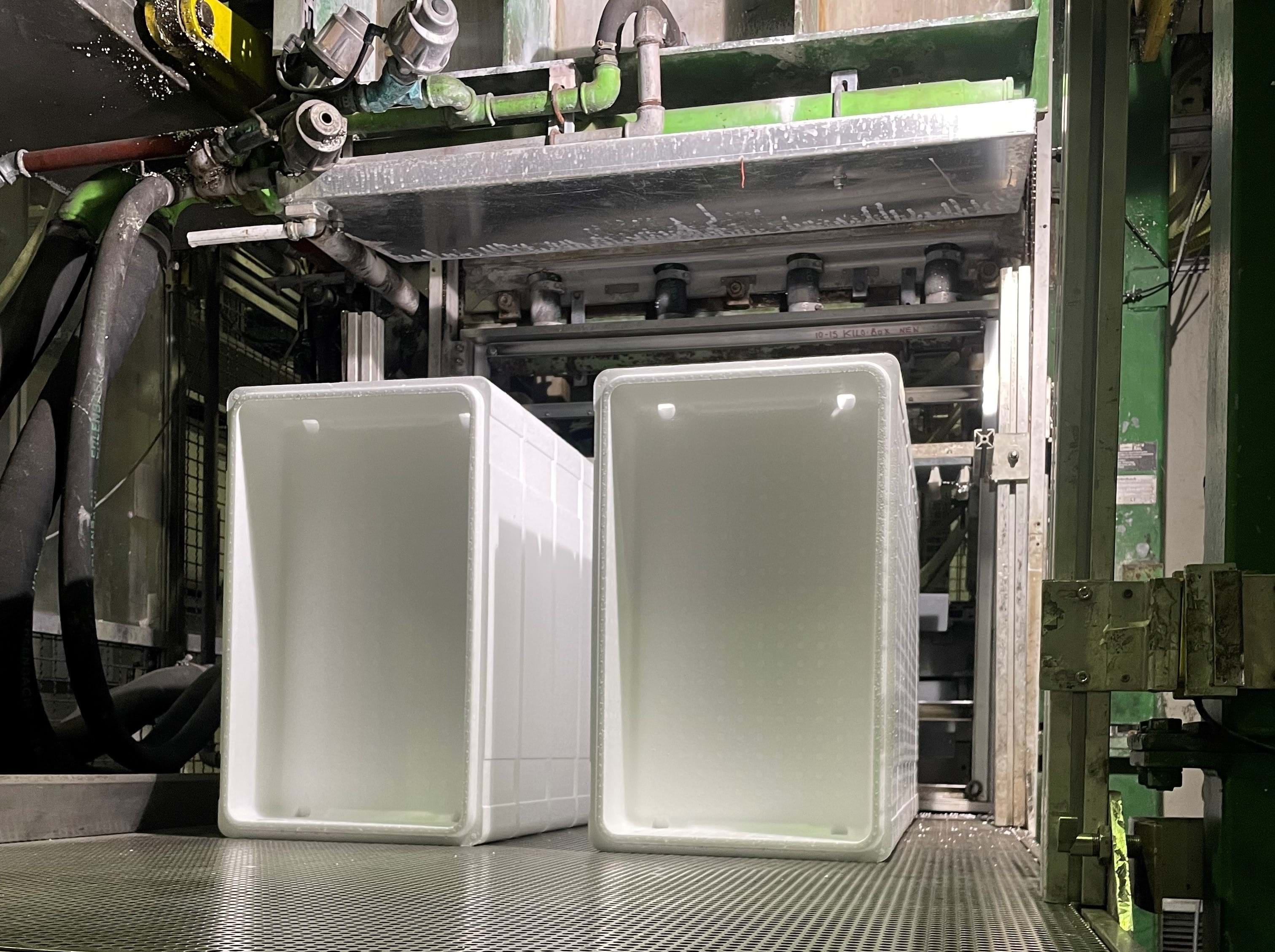A packaging supplier's experience of PPT
Styropack
Styropack supplies plastic packaging for fresh and frozen seafood products; as such, its services are widely used by seafood sector stakeholders. Given its substantial contact with seafood businesses regarding packaging-related matters, this supplier’s experiences of Plastic Packaging Tax (PPT) offer a useful perspective on the regulation’s impacts.

The exemption for exported packaging
The supplier has an in-depth awareness of its supply chains and so often has certainty regarding whether a given component will be exported, meaning that they know whether it is possible to defer payment on the component. However, the supplier reports that the exemption for exports poses a challenge in those cases when a seafood business does not know at the time of purchase if a component is going to be exported – for example, when the business supplies products to both domestic and international markets.
The uncertainty around the destination of the packaging limits the extent to which the amount of PPT payable by the supplier to HMRC can be predicted. It also limits the seafood business’ ability to understand its upcoming budgetary pressures, as the supplier reimburses the seafood business whenever PPT paid on an exported component is reclaimed, which mirrors the fact that this supplier passes its PPT costs on to its customers.
Separately, the supplier’s customers are needing to retain documentary evidence of a component having been exported and then pass this evidence on to the supplier (to support the claiming of credits from HMRC). The supplier notes that this process of gaining proof of exports from its clients can be burdensome, due to the work involved in assembling the relevant documentation.
HMRC guidance on records for packaging components which have been exported is available by following the external link below.
Administration
The processes involved in passing PPT costs on to the business’ customers via invoicing has increased the administrative burden on this supplier. The supplier considers it necessary to pass PPT charges on via invoicing because, with 100 tonnes per month of packaging usage, the regulation’s cost to them would be £20,000 per month if they did not do so. It has had to invest significant resource in appropriate invoicing systems.
Moreover, PPT’s administration requirements have necessitated investment in training the business’ finance team members, so that they have understood the government guidance. Software has been used to support the business’ administering of the tax. As a large packaging manufacturer, they expected severe administration difficulties without the use of software.
Although Styropack needed to invest in administrative system changes and staff training in response to PPT, the business reports that the administration procedures associated with the tax are now running smoothly overall.
When Plastic Packaging Tax was first introduced, we needed to invest time and effort in adapting our systems and training our finance staff. Now we have done this, the processes are relatively straightforward.
Other impacts
This supplier has stated that sending forms to its clients, to collate evidence of what their packaging usage will be, is a useful way of mitigating against PPT’s impacts. Having greater quantities of written evidence – showing how much demand there will be for specific types of component – helps the supplier in preparing to calculate what its PPT liabilities will be.
The supplier highlights the fact that Value Added Tax (VAT) must be applied to the entire cost of components that it sells, inclusive of the PPT charges that it has passed on. Therefore, the supplier’s customers – including those in the seafood sector – are subject to VAT on PPT charges that have been passed on through the supply chain.
Summary
The exemption for exported packaging brings challenges alongside the money it saves businesses – the fact that businesses don’t always know if they’ll be able to take advantage of it limits accurate financial forecasting, and the record-keeping involved creates an administrative burden. However, the supplier has responded to the administrative challenges experienced when PPT was first introduced; software was used to mitigate these and the administrative procedures around PPT now run smoothly for the supplier. Customer questionnaires are used to help predict liability levels.
Spotlight on your business
We welcome businesses to approach us with their feedback about the tax - and to be included as a future case study.
For further information, please contact our Regulatory Affairs Advisor, using the contact details below.